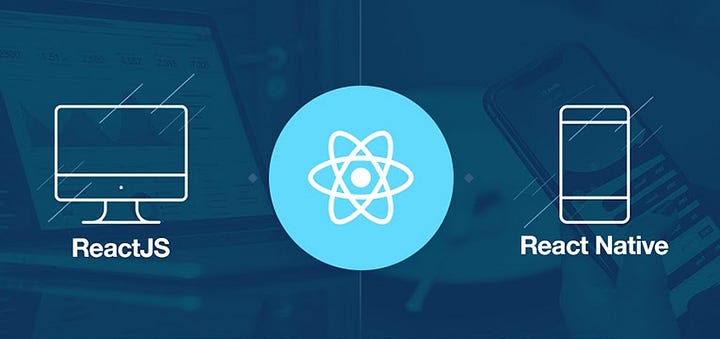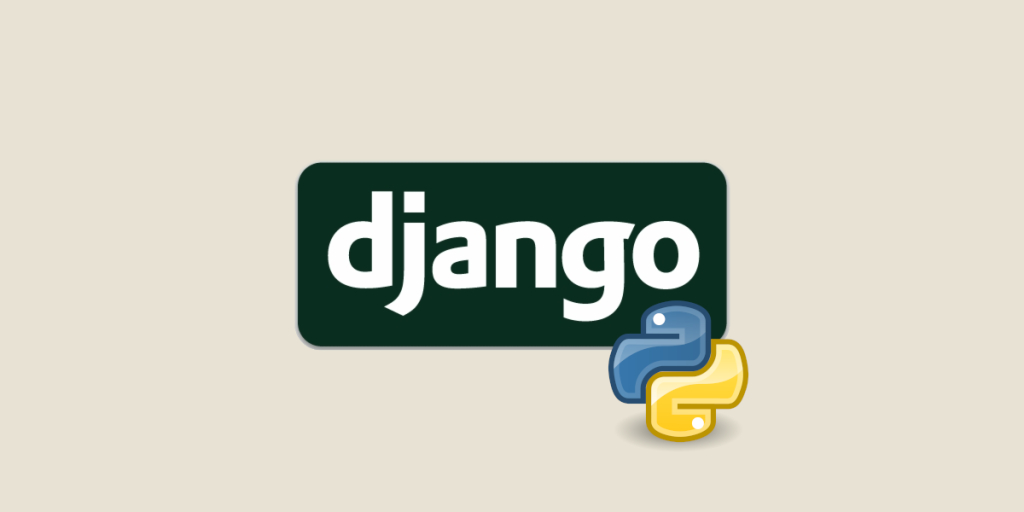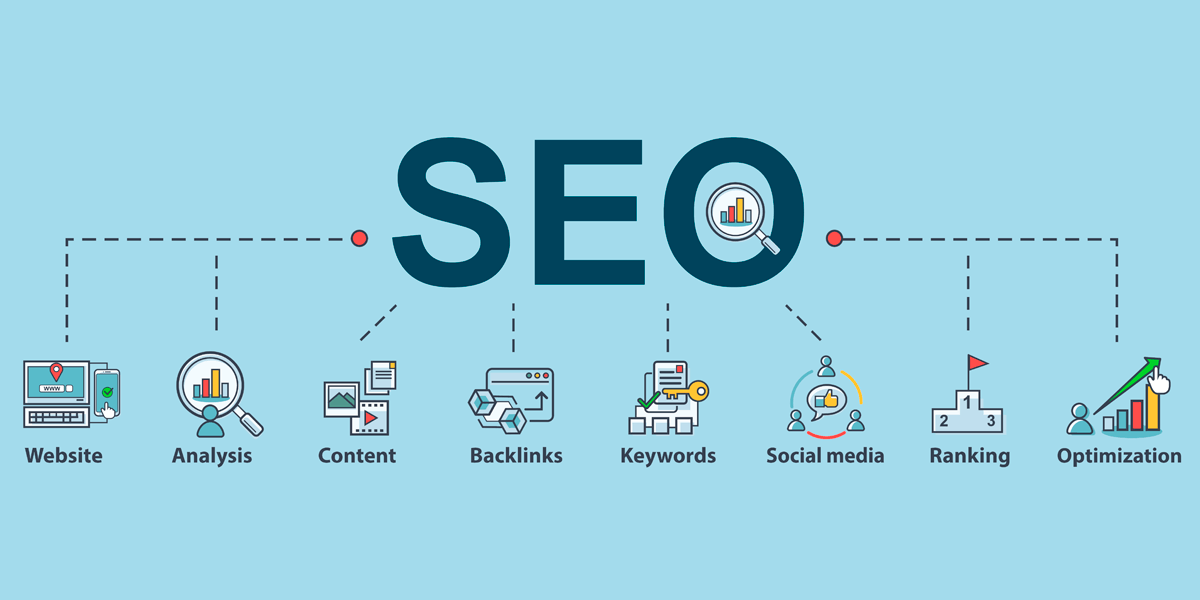
React vs. React Native: Choosing the Right Framework for Your Project
In the world of web and mobile app development, React and React Native are two powerful JavaScript frameworks that have gained immense popularity. But how do you decide which one is the right choice for your project? In this article, we'll explore the differences between React and React Native, helping you make an informed decision.
React: Building User Interfaces for the Web
What is React?
React, also known as React.js or ReactJS, is an open-source JavaScript library developed and maintained by Facebook. It's designed for building user interfaces (UIs) for web applications. React allows developers to create reusable UI components and manage the state of their web applications efficiently.
Key Features of React:
-
Component-Based: React is component-based, which means you can break your UI into reusable components, making it easier to manage and maintain your code.
-
Virtual DOM: React uses a virtual DOM to optimize the rendering process, resulting in improved performance and faster updates to the UI.
-
One-Way Data Binding: React enforces a unidirectional data flow, making it predictable and reducing the chance of bugs.
-
Rich Ecosystem: React has a vast ecosystem of libraries and tools, such as React Router for routing and Redux for state management.
React Native: Building Mobile Apps with JavaScript
What is React Native?
React Native is an extension of React that enables developers to build native mobile applications for iOS and Android using JavaScript and React principles. It was also developed by Facebook and is an open-source framework.
Key Features of React Native:
-
Cross-Platform Development: With React Native, you can write a single codebase that works on both iOS and Android, saving time and effort.
-
Native Performance: React Native apps compile to native code, providing performance similar to apps built with platform-specific languages.
-
Component Reusability: Just like React, React Native promotes component reuse, simplifying mobile app development.
-
Hot Reloading: React Native supports hot reloading, allowing developers to see immediate results of code changes during development.
Choosing Between React and React Native
Web vs. Mobile:
-
Use React if you're building a web application or website. It's perfect for creating responsive web interfaces with a rich ecosystem of web-specific libraries.
-
Choose React Native if you need to develop a mobile app for both iOS and Android. It's ideal for building native-quality mobile applications with shared code.
Development Team:
-
If you have a web development team experienced in React, it makes sense to stick with React for web projects.
-
For cross-platform mobile app development, React Native can be a cost-effective choice, as it allows you to use your web development skills.
Project Requirements:
-
Consider the specific requirements of your project. If you need a mobile app that must run natively on iOS and Android, React Native may be the best fit.
-
If your project is web-focused and doesn't require a mobile app, React is the obvious choice.
Conclusion
In the React vs. React Native debate, there's no one-size-fits-all answer. Both frameworks have their strengths, and your choice should align with the nature of your project and the skills of your development team. React is perfect for web development, while React Native is the go-to framework for cross-platform mobile app development. By understanding the differences and nuances of each, you can confidently select the framework that best suits your project's needs.
Ultimately, whether you choose React or React Native, you're harnessing the power of a robust and community-supported framework to create outstanding user experiences.







